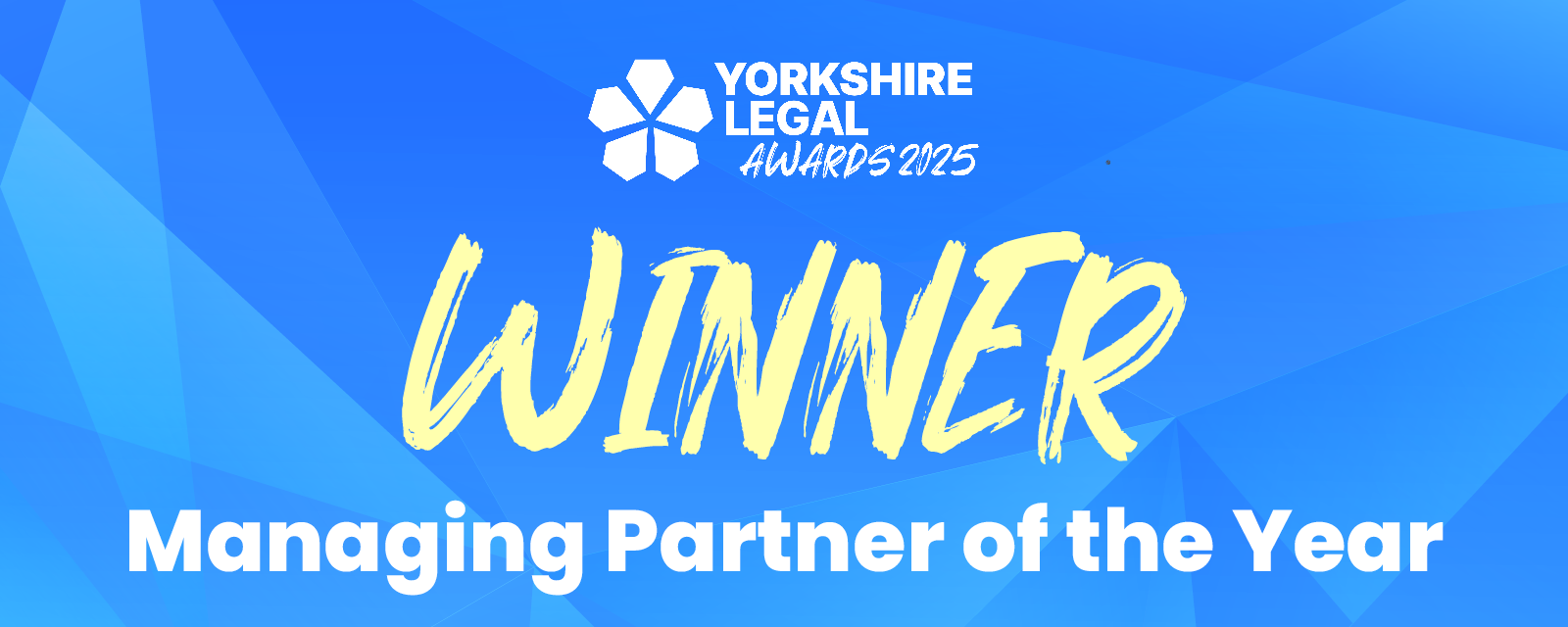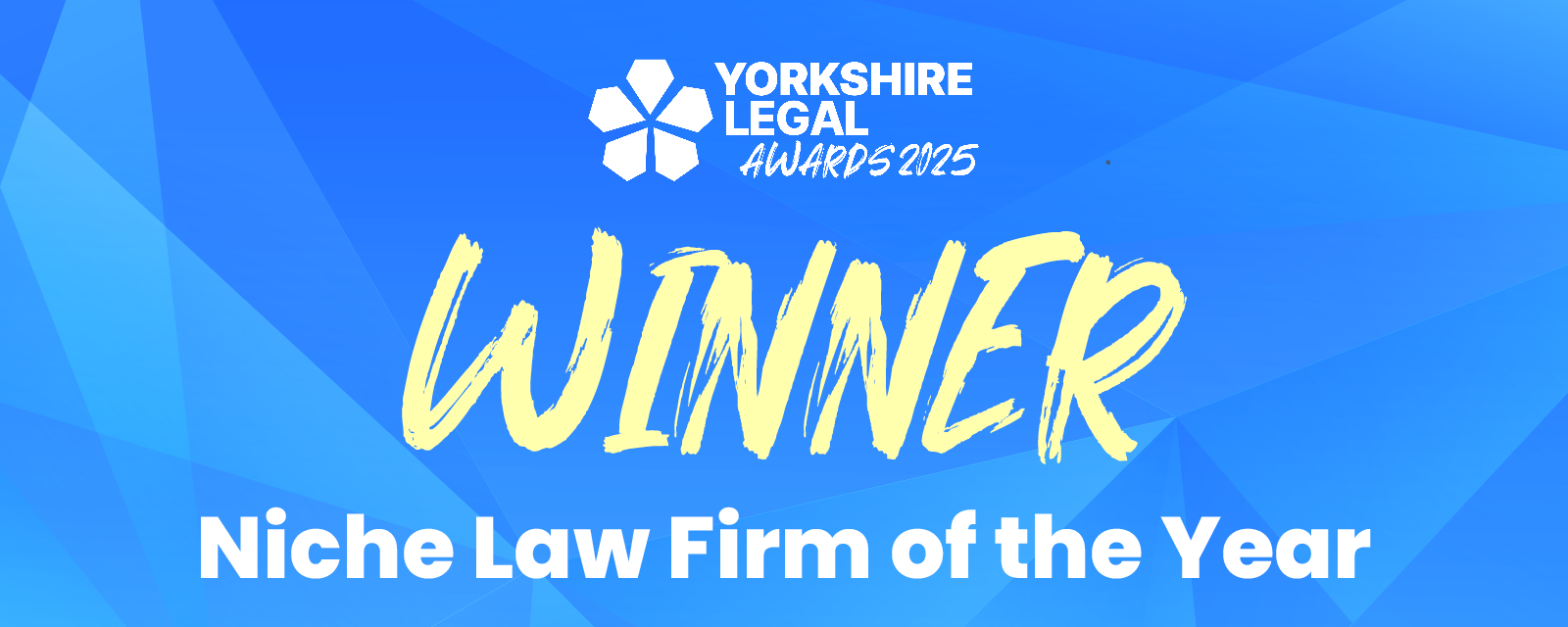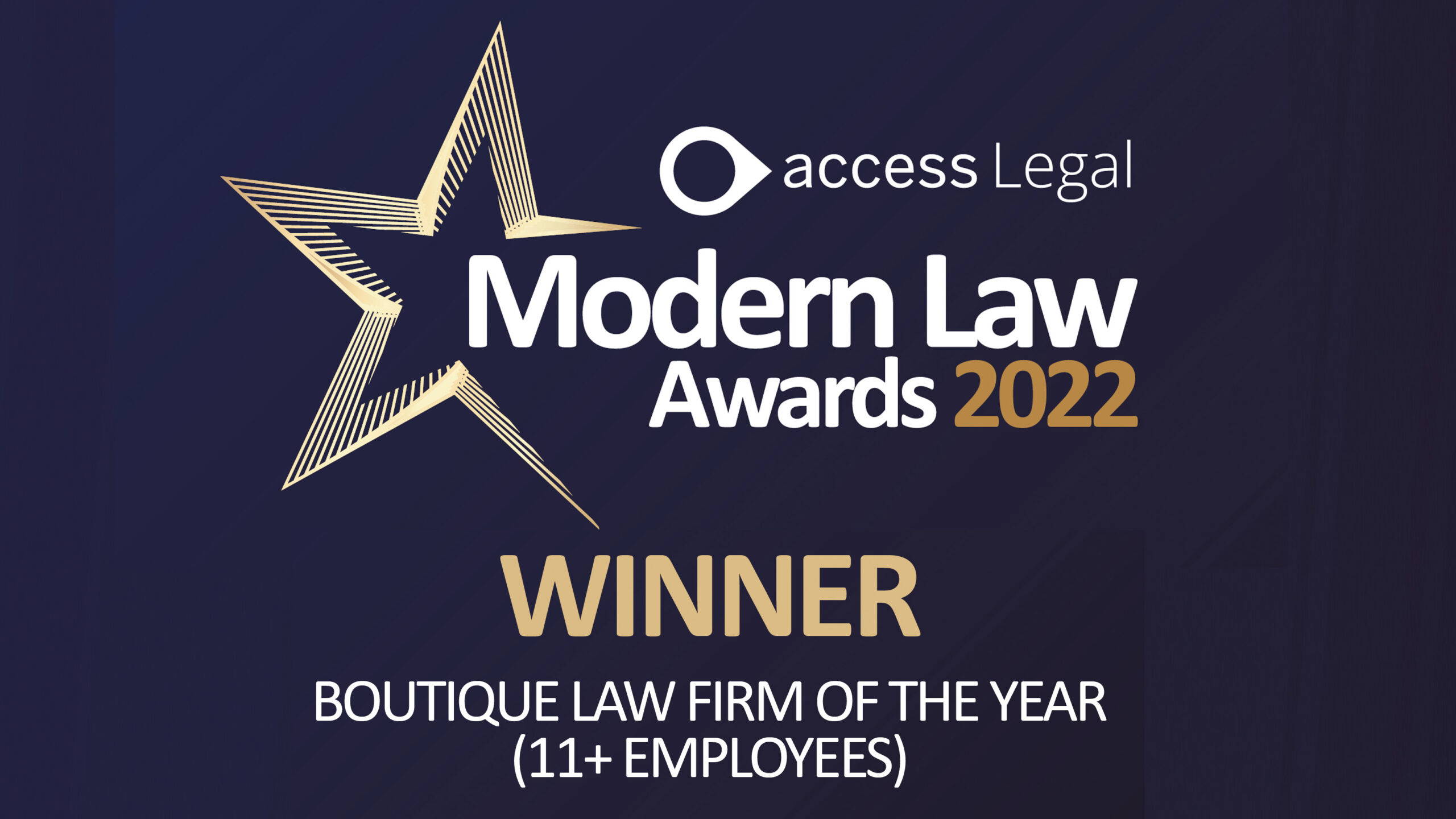As workplaces evolve, organisations are realising that a ‘one size fits all’ approach to supporting employees doesn’t work. Two effective tools for individuals include well-being coaching and workplace strategy coaching. While they may sound similar, these approaches have distinct goals and methods and understanding their differences is essential, especially as awareness of neurodiversity grows.
What is Well-Being Coaching?
Well-being coaching focuses on enhancing an individual’s overall emotional, mental, and social health. It’s about helping people feel more balanced, resilient and able to handle stress, both inside and outside of work.
Key focus areas of well-being coaching:
- Stress management:Providing employees with tools and techniques to manage stress effectively, such as mindfulness practices, relaxation techniques, and breathing exercises.
- Resilience building:Helping individuals build emotional resilience, develop a positive mindset, and cultivate coping strategies for navigating both personal and professional challenges.
- Work-life balance:Helping employees prioritise their personal and professional commitments, promoting healthier boundaries, and ensuring employees feel empowered to take time for self-care, hobbies, family, and social activities.
- Mental health awareness:Helping individuals understand and address common mental health concerns like anxiety, depression, or burnout. Coaches can also help employees develop self-care routines and seek support when necessary.
Ideal for:
- Employees experiencing stress, burnout, or work-life imbalance.
- Individuals looking to enhance their overall sense of well-being, including emotional and mental health.
- Employees seeking guidance on personal growth, resilience, and maintaining a positive mindset.
What is Workplace Strategy Coaching?
In contrast, workplace strategy coaching is about the practicalities of how someone works, their systems, structures, communication, and productivity strategies. Rather than focusing primarily on emotional well-being, it provides tools and tactics to help individuals function more effectively within their specific workplace context.
Key focus areas of workplace strategy coaching:
- Workplace adaptation and structure: Identifying strengths and practical strategies for overcoming challenges. This can include breaking down tasks, identifying note-taking methods, and improving patterns in concentration.
- Communication and social skills: Many neurodivergent individuals may struggle with communication styles or understanding social cues. Coaches can help them develop more effective communication strategies to navigate workplace dynamics in a way that feels authentic and comfortable.
- Time management and productivity:Helping develop strategies for managing time effectively, setting priorities, and staying on task. This can help prevent burnout in the workplace.
- Self-advocacy: Empowering employees to advocate for their needs to foster inclusivity and understanding in the workplace. This includes learning how to request accommodations and communicate personal challenges without fear of judgment.
Ideal for:
- Neurodivergent employees (e.g., individuals with ADHD, Autism, Dyslexia, etc.).
- Employees who need structured support in navigating workplace systems.
- People looking to enhance their ability to work efficiently, comfortably, and confidently within their role.
A Practical Example
Consider an employee with ADHD who is struggling to stay on top of multiple tasks and feels constantly overwhelmed.
- A well-being coach might work with them to address stress levels, develop self-compassion, improve sleep, and create better boundaries to prevent burnout.
- A workplace strategy coach would help them set up task management systems, introduce structured planning routines, and develop self-advocacy strategies to communicate their needs to managers.
If you would like to enquire about workplace strategy coaching please contact hello@thriiver.co.uk









